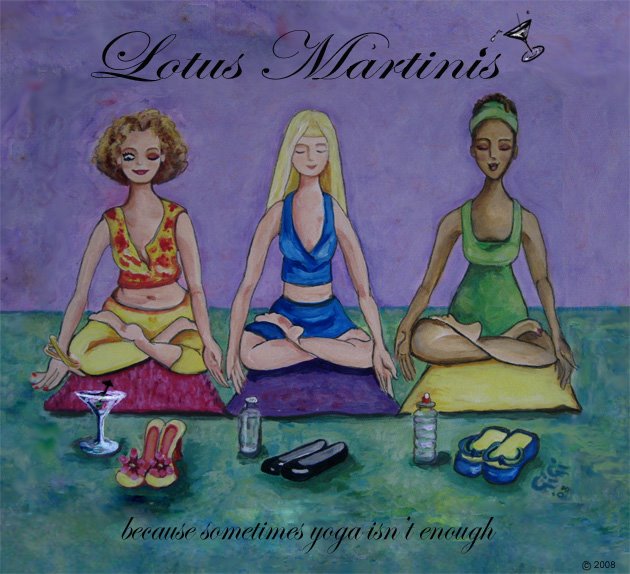I consider myself a cheerful person, in a restrained, melancholic sort of way. I am happy, with reservations. Life is hard and then you die, but that doesn't mean you shouldn't enjoy yourself while you're here. Really, it's the best you can do.
Unfettered joy, on the other hand, is an unsustainable and entirely irrational state of being for adult humans, suitable only for Sufi mystics and Labrador retrievers. I'm not even sure it's wise. Sadness is a condition of life, not a side effect that can and should be avoided at all costs with the proper combination of drugs, exercise and frequent applications of anti-fungal cream. To love is to lose. To live is to mourn. I think, therefore I'm mildly bummed.
In an interview I cannot now find but which I heard recently on NPR and am pretty sure I did not make up, a noted professional of some sort discussed at great length the benefits of sadness, which included improved attention to detail, complete focus on working through grief or difficulty; heightened awareness and acceptance of others and an increased tendency toward self-reflection resulting, in some cases, in greater creative self-expression. Without misery, there would be less art. No blues, no 'blue period'. No blues, no Blues. Period.
And yet pop culture is awash lately with perky enablers on this wanton quest for unrelenting gladness. In A Lot of Happy Talk, Times columnist Meghan Daum considers the hordes of people who are so clearly anxious to tell the rest of us how to be happy. Because they are. No really, they are! Dammit.
"I don't mean fleeting moments of happiness, the kind that can waft by as you dance at your wedding or watch your child lead his soccer team to victory. I'm talking about people who are always announcing how happy they are: The friend who meets you for lunch once a year and spends the whole time evangelizing about her constant self-actualized joy. The person on Facebook who reports on the bliss rendered by his most recent meal of wood-fired flatbread and organic litchis. These people are exactly what Gertrude meant when she said to Hamlet: "The lady doth protest too much, methinks."
Amen, sister.
Daum cites "The Nine Rooms of Happiness" by Danziger and Birndorf and "The Happiness Project" by Gretchen Rubin as prime examples of this stridently cheerful crowd. According to Rubin, making your bed every morning is key, although as Daum points out, as the wife of a hedge-fund manager living in a 3 story Manhattan townhouse, it's a little hard to imagine the author having to make her own bed in the morning in an effort to try and positively motivate her day. But I'm sure her maid is ecstatic.
I've no studies to prove it and have yet to write a book on the subject (although lack of evidence need not hinder any quest for self-help tome authorship) but it has been my experience that, barring neurological or chemical imbalances creating chronic and treatable dissonance, most people are about as happy as they choose to be.
Naturally, there are those who take a good thing too far.
For these people, there is Despondex.
Subscribe to:
Post Comments (Atom)





2 comments:
Here's to being as happy as you choose to be! Of course, I choose to be annoyingly chipper, mostly for the annoying part than the chipper part. :-D
Beautifully written...
Post a Comment